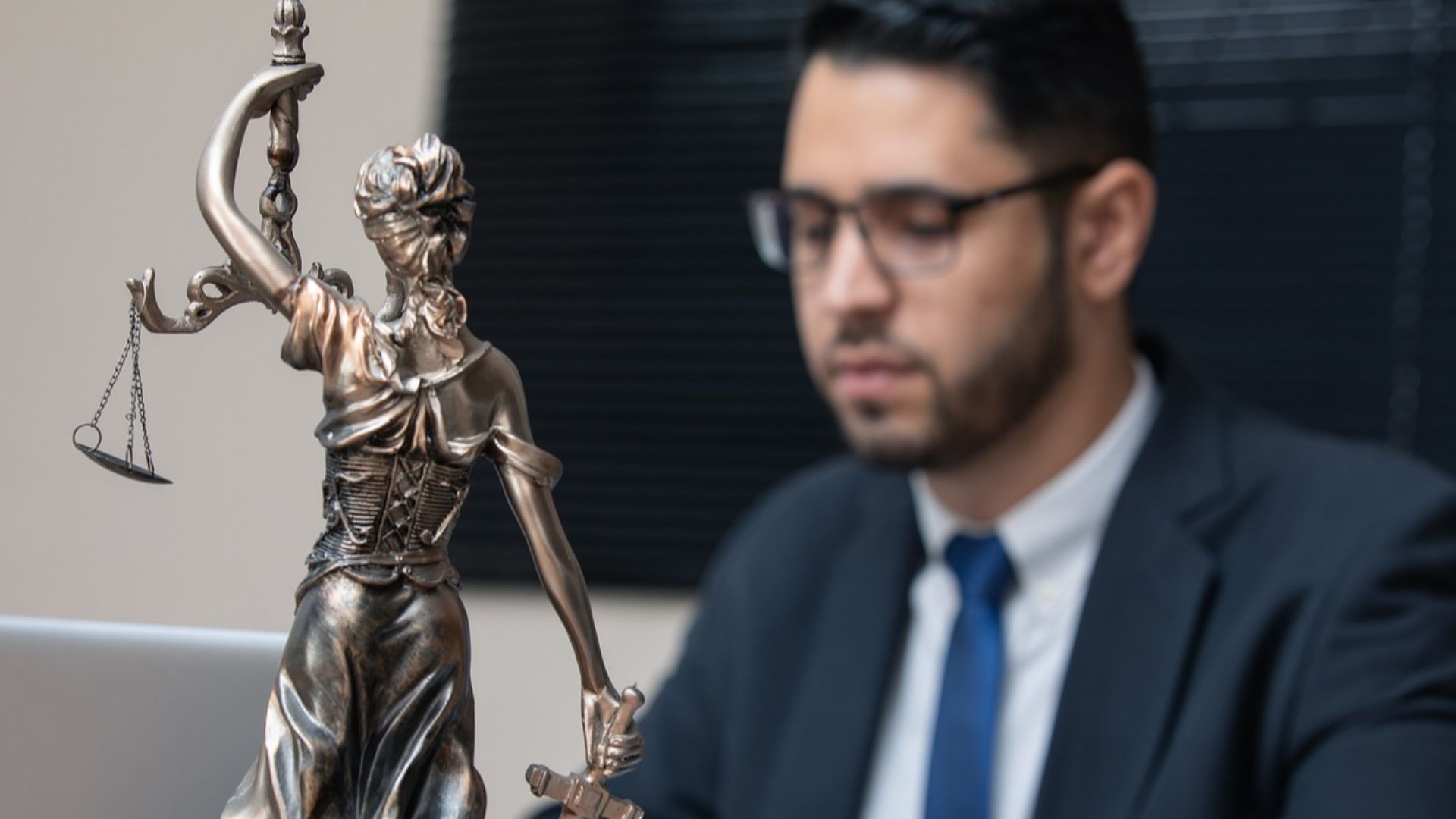When The Worst Happens
When a family member fakes a serious illness to gain money or sympathy, the fallout can be devastating. Now that the deception has been uncovered, the natural next thought is: What can be done?
Below is a step-by-step guide that explores legal, financial, and emotional actions victims—or their family members—can take in the aftermath of such a betrayal.
Uncovering The Lie Often Starts With Inconsistencies
The first clue to dishonest behavior in these types of situations is usually a small detail that might be hard to miss. If someone who claims to have a disease can’t name a doctor or hospital, or keeps changing their story, that’s reason for suspicion and further investigation.
Emotional Manipulation Is A Common Tool
People who commit these types of offences often exploit love and guilt to prevent others from asking hard questions. Perpetrators may get overly emotional, and describe their difficult treatment experiences while crying or playing victim. Often, those types of antics add extra pressure to the lie, especially within families.
 Photo By: Kaboompics.com, Pexels
Photo By: Kaboompics.com, Pexels
Social Media Makes Them More Convincing
Often, violators use social media to enhance their fake stories. They can do so by creating hospital photos with stock images, or by giving what seem like extremely emotional updates. Some people have even been known to launch false fundraising campaigns using their social media.
Victims Are Often Too Trusting To Suspect
Parents and family members are especially susceptible to these types of situations when the person pretending to be ill is someone they already have a deep connection with. Often, they falsely assume someone they care about wouldn’t lie like that. Unfortunately, it’s that very trust that creates an opening for exploitation.
Bank Records Can Reveal The Truth
If you suspect your parents are victims of this type of situation, you should first look into financial activity as much as you can. If the victim seems to be making many non-medical purchases, especially those with unusual luxury, that may help provide important evidence.
The Elderly Are Especially Vulnerable
If your parents are older, they may be even more susceptible to be taken advantage of. This is due to declining health or even memory issues that come with age. Even worse, they may be less digitally literate than the perpetrators, making them a prime target.
Elder Financial Abuse May Apply Legally
When an adult child manipulates aging parents for money under false pretenses, it may be classified as unlawful treatment of elders. This can open the door to remedies depending on the jurisdiction. Laws vary by region, but financial exploitation of seniors is a serious offense.
Courts Often Need Hard Evidence To Act
Without a confession or clear documentation proving deception, law enforcement may be limited in how they respond. Even if it seems obvious, circumstantial evidence may not be enough. That’s why collecting concrete proof is essential before filing a report.
A Civil Lawsuit Might Be Necessary
Families can file a civil suit to try and recover stolen funds. However, litigation can be expensive and time-consuming, and success depends on the scammer’s assets. It's a difficult but sometimes necessary path toward accountability.
Filing A Report Is Still Important
Even if no immediate action is taken, filing a report establishes a paper trail. This can be crucial if further issues arise or the scammer tries to defraud others. It may also offer peace of mind that the situation has been formally recorded.
Financial Power Of Attorney Can Prevent Future Exploitation
Granting a trusted relative power of attorney can limit unauthorized access to finances. This tool gives someone else the ability to monitor and protect assets. It's especially useful for elderly individuals who may be vulnerable.
Therapy Helps Victims Rebuild Emotionally
Being scammed by a loved one causes deep emotional harm. Counseling can help victims process betrayal, restore trust, and establish boundaries. Mental health support is critical in long-term recovery.
 Photo By: Kaboompics.com, Pexels
Photo By: Kaboompics.com, Pexels
Families Often Become Divided Over The Incident
In many cases, relatives will take sides—some defending the scammer, others demanding accountability. This creates lasting tension and can shatter family unity. Mediation or counseling may help ease these rifts.
Private Investigators Can Uncover Crucial Information
Hiring a private investigator may provide the evidence law enforcement needs. These professionals can verify medical claims, gather surveillance, or track spending. Their findings may strengthen both court and emotional cases against the scammer.
Some Scammers Continue To Deny Everything
Even after being exposed, individuals who fake illnesses often double down. They may claim a miraculous recovery, lost records, or misdiagnosis. Without documentation, these excuses are easy to fabricate.
Digital Fundraising Sites Are Often Slow To Act
Websites like GoFundMe have policies against theft but rarely act without a formal report. Even then, refunds may not be issued. Reporting and flagging suspicious campaigns is a start—but results can vary.
Munchausen By Internet Is A Documented Condition
Some individuals who fake illnesses online may suffer from Factitious Disorder, previously known as Munchausen Syndrome. This psychiatric disorder drives people to invent or exaggerate medical conditions for attention. While mental illness may be a factor, it doesn’t erase the harm caused.
Victims May Feel Too Ashamed To Speak Up
Parents who were manipulated may feel embarrassed about being fooled. They might avoid reporting the scam or talking about it publicly. This silence can prevent healing and make it easier for the scammer to repeat the behavior.
A Financial Advisor Can Help Rebuild Stability
Even after a major loss, there are steps families can take to regain control. Advisors can help elderly victims budget, apply for assistance programs, or protect remaining assets. Proactive planning is vital after a financial betrayal.
Aid Services Are Available In Many Regions
Not every family can afford a lawyer, but free or low-cost aid is often available. Organizations that focus on elder issues may offer consultations. Reaching out can provide access to resources and possible representation.
Documentation Is Key To Future Protection
Keeping copies of emails, texts, bank transfers, and medical claims is essential. These records serve as both court evidence and a way to track inconsistencies in the scammer’s story. Organized documentation strengthens any case moving forward.
 Photo By: Kaboompics.com, Pexels
Photo By: Kaboompics.com, Pexels
Firm Boundaries Are Necessary After Exposure
Once the scam has been uncovered, strong boundaries must be enforced. That may mean cutting off contact, restricting access to finances, or limiting family involvement. Self-protection becomes the top priority.
Awareness Helps Prevention
By speaking out—whether publicly or anonymously—victims can educate others. Sharing experiences helps raise awareness and prevents similar cons from succeeding. Silence benefits the scammer, not the victims.
 Photo By: Kaboompics.com, Pexels
Photo By: Kaboompics.com, Pexels
Support Groups Can Offer Comfort And Advice
Online communities and local support groups exist for victims of these types of offenses. These spaces allow people to connect, vent, and share resources. Knowing others have gone through similar experiences can be deeply validating.
The Road To Recovery Is Difficult But Doable
Financial recovery may take time, and emotional wounds may linger. But with support, therapy, and community, healing is possible. Families can move forward—wiser, stronger, and more protected.
Forgiveness May Not Be Required For Closure
Some families feel pressured to forgive the scammer to “move on”. But closure doesn’t require reconciliation. Protecting loved ones and finding peace can happen without excusing the behavior.
You May Also Like:





























